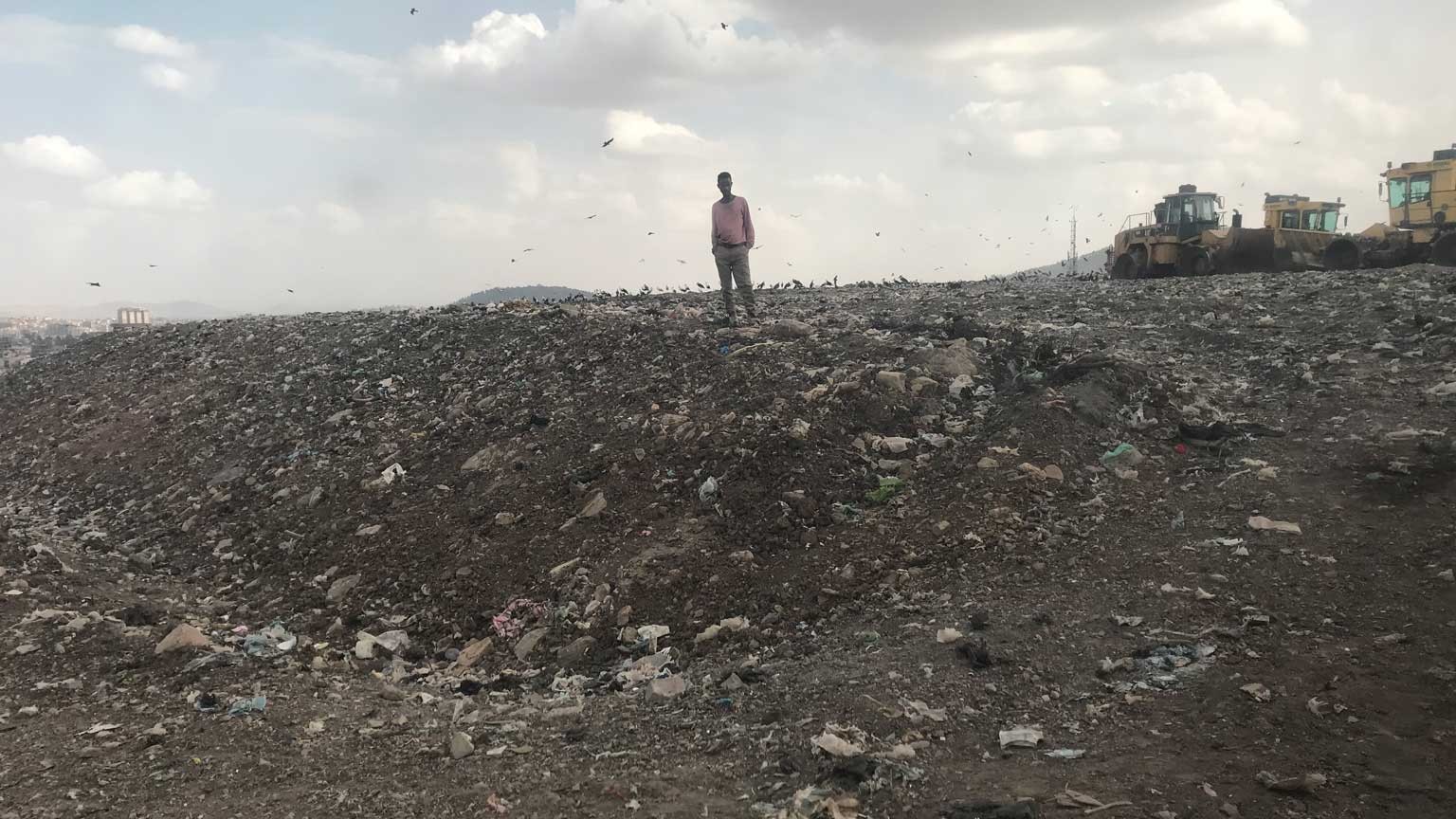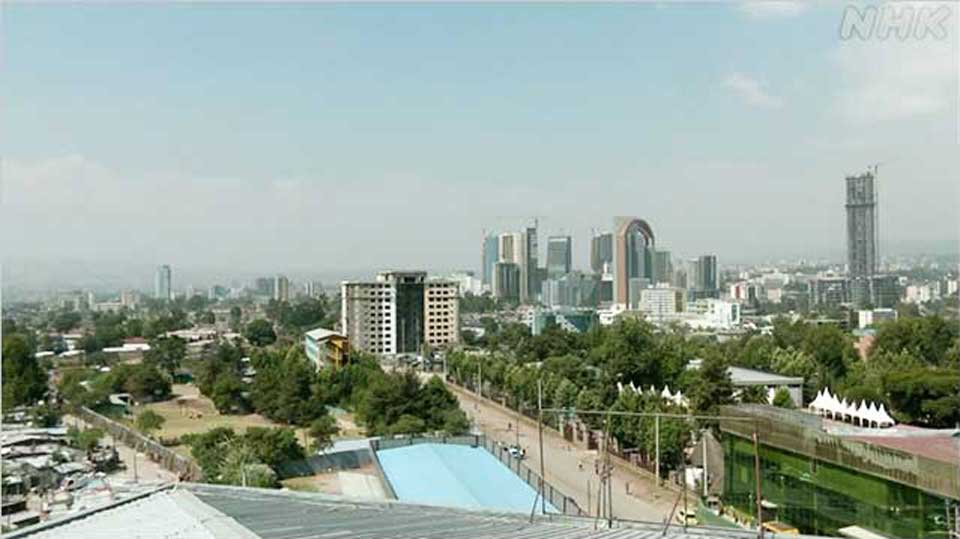
Ethiopia has a population of about 120 million, the second-largest in Africa, and is undergoing rapid economic growth.
More growth means more garbage, and as it stands, authorities can't keep up with the volume of trash. Much of it ends up as unprocessed landfill in the capital Addis Ababa. When an incinerator is out of operation, as is often the case, it means mounds of rotten garbage pile up. Dozens of people died in 2017 when a mountain of garbage collapsed and leveled nearby homes.
In addition to environmental concerns, there are health hazards associated with the foul smells.
From Hokkaido to Addis Ababa
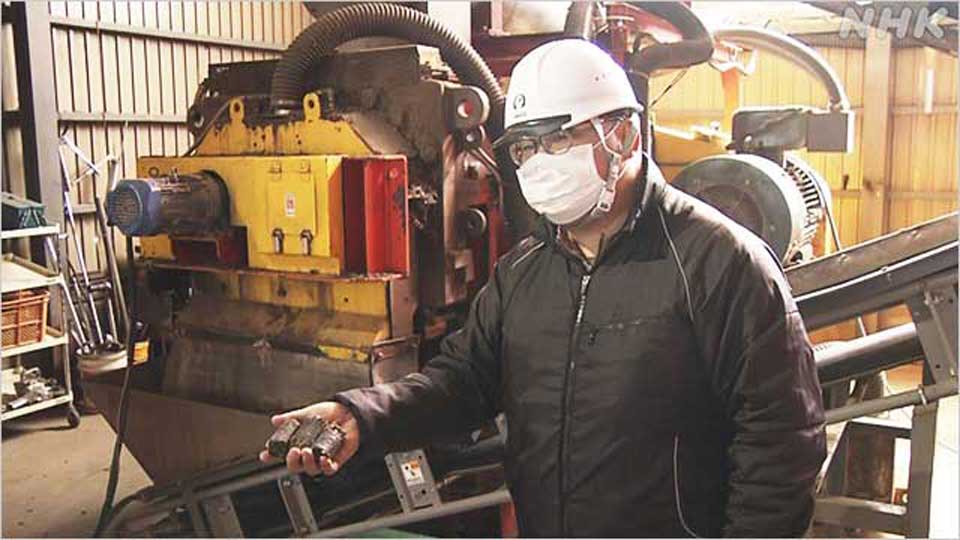
The problem presents an opportunity for recycling companies such as Tanabe, based in Obihiro, western Hokkaido. The company's senior managing director Tanabe Yoshiyasu heard about the situation from a visiting Ethiopian student. Tanabe has been to see for himself, and during a recent trip he was shocked by what he came across.

"When I went there ten years ago, most landfill sites were large parcels of land," he says. "But during a visit last year, I found they had already turned into mountains, and the foul smell wafted for several kilometers. It made my skin crawl, the situation was that bad."
Tanabe believes the technology his company uses, which involves turning industrial waste into a solid alternative fuel called Refuse Paper & Plastic Fuel (RPF), can help.
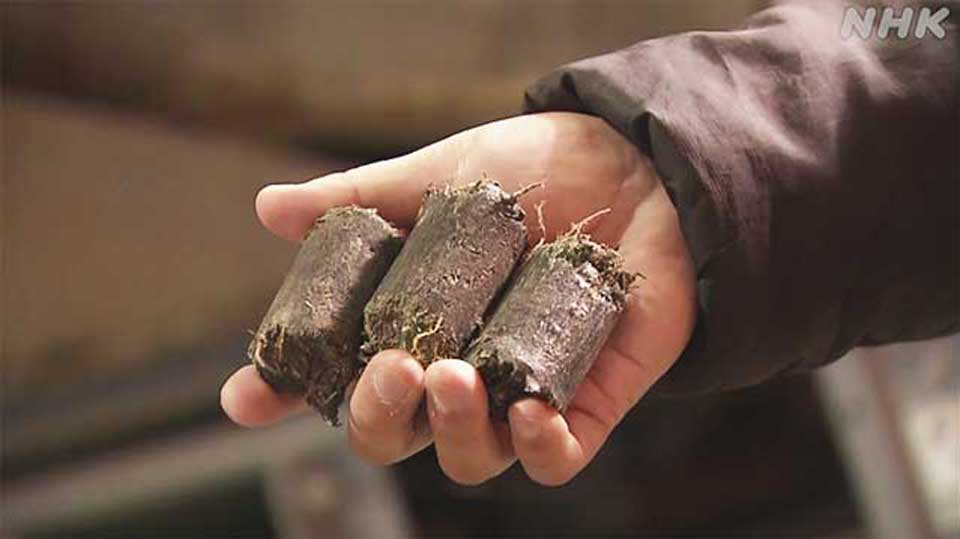
The raw materials for RPF include paper, wood, and plastic. The components are first crushed, then metal is removed, and heat is applied to compress it into pellets. According to the Japan RPF Industry Association, it is an alternative to fossil fuels such as coal and coke. It also emits less carbon dioxide than coal.
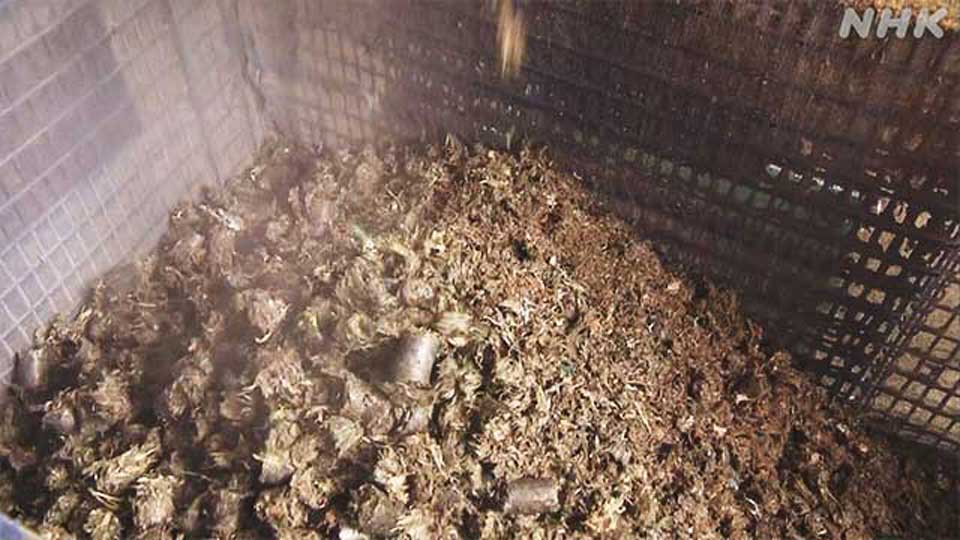
Persistence pays
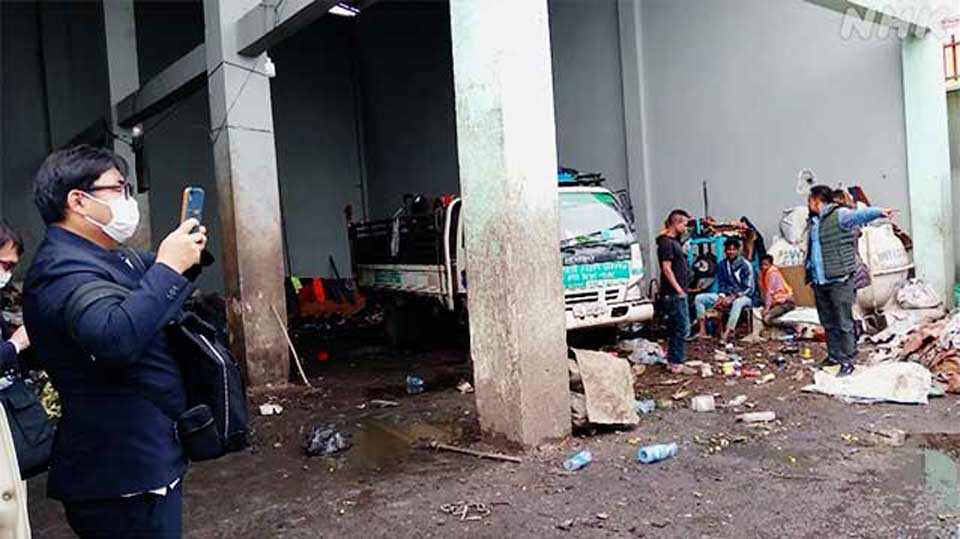
The Japan International Cooperation Agency (JICA) and Japan's Official Development Assistance (ODA) support the overseas expansion of small and medium-sized firms that have technologies that can assist developing nations. Tanabe has made use of that framework with frequent visits to Ethiopia over the past decade.
In March, he signed a memorandum of understanding with Ethiopia's public industrial estates and Addis Ababa's cleaning department.

Tanabe wants to build his own factory to manufacture RPF and sell it as fuel. He also wants to create a system for sorting and collecting garbage.
"Ethiopia is looking to reduce the amount of garbage in landfill. Much of it can be recycled and used effectively as a resource," he says, adding there are economic advantages to that, including reducing waste transport costs.
"I think the first thing to do is to establish a system, one that would benefit both parties," says Tanabe.
In cooperation with another recycling company in Hokkaido, Tanabe is looking at compost as well. Agriculture is important in Ethiopia, and soaring global fertilizer prices are a problem.
Changing behaviors
The waste problem stems in part from a lack of awareness about how to fund waste processing. Tanabe says people need to learn about the benefits of recycling ― something that can help with its commercialization.

China muscles in
Japanese firms like Tanabe face competition from China. Ethiopia is one of Africa's diplomatic bases and hosts the headquarters of the African Union. China's "One Belt, One Road" economic initiative has led to significant capital investment, including infrastructure.
Small and medium-sized Japanese enterprises like Tanabe are trying to make inroads. As a company, Tanabe wants to differentiate itself by touting the stability of its business, and gaining local trust.
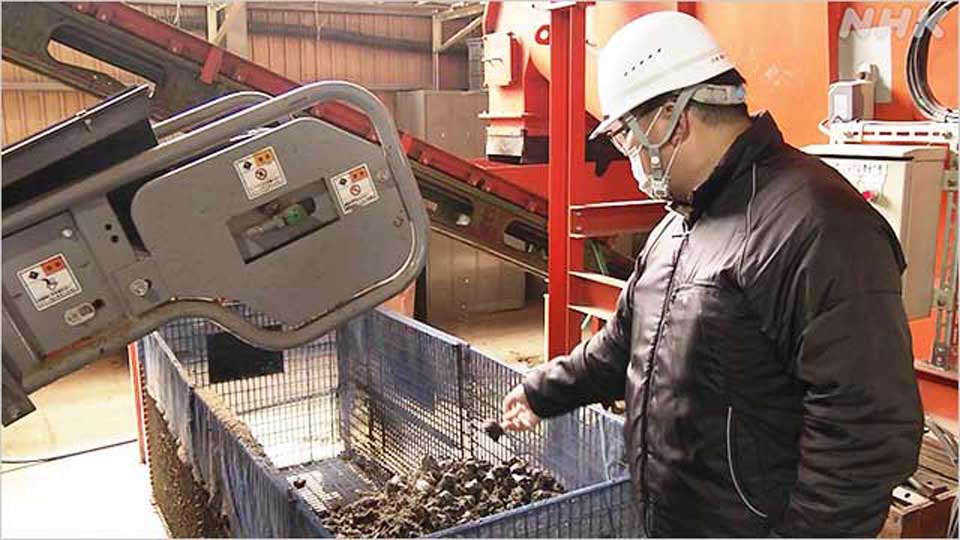
It is early days for Tanabe in Ethiopia but the firm has pilot programs in the works that could lead to large-scale commercial operations. The firm wants its business to be profitable, and at the same time help solve social problems.
